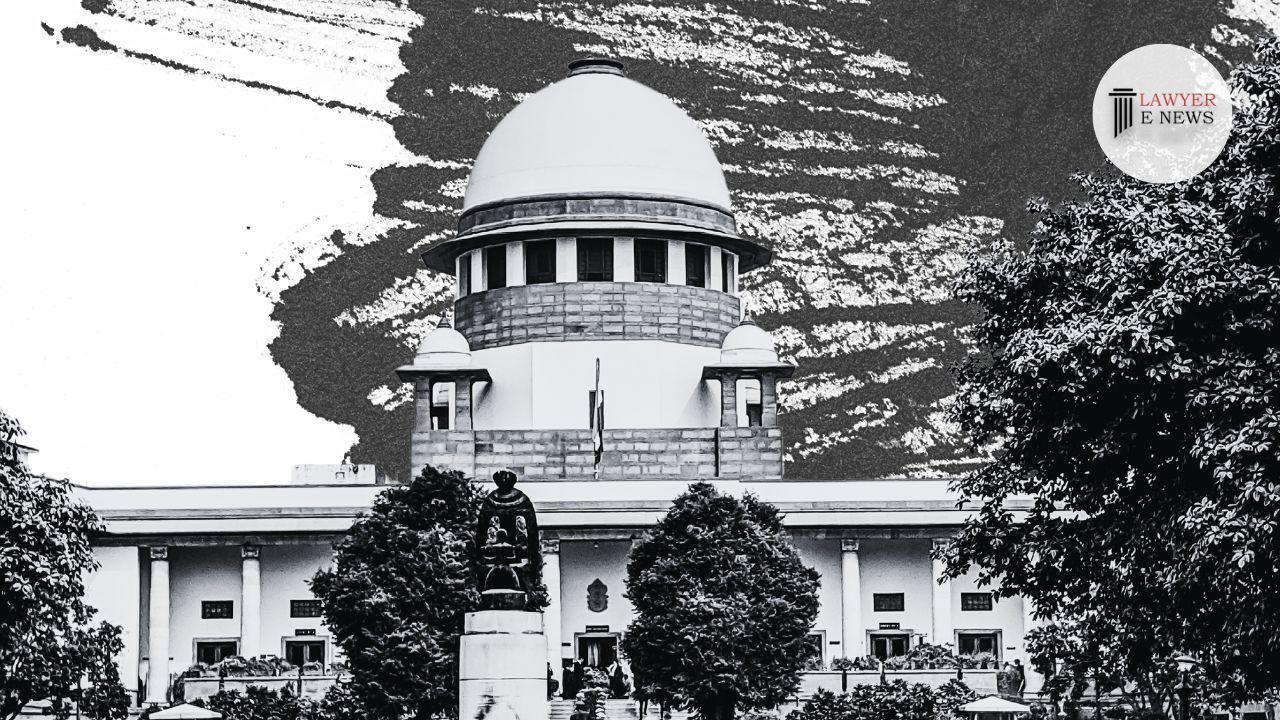-
by Admin
16 February 2026 1:47 PM



The Supreme Court’s ruling in the case of Greater Noida Industrial Development Authority vs. Prabhjit Singh Soni & Anr. Brings into focus the nuanced application of the Insolvency and Bankruptcy Code, 2016 (IBC) in the corporate insolvency resolution process (CIRP). The Court’s decision to set aside the National Company Law Tribunal (NCLT) order approving a resolution plan underscores the significance of adhering to the IBC’s procedural and substantive requirements.
The appeal arose from a dispute over land allotment and unpaid installments between the Greater Noida Industrial Development Authority (Appellant) and M/s. JNC Construction (P) Ltd (the Corporate Debtor). The core issue revolved around the categorization of the Appellant as an operational creditor instead of a financial creditor, impacting their treatment in the CIRP.
The Supreme Court meticulously analyzed the IBC byprovisions and regulations governing CIRP. It observed that the resolution plan erroneously stated that the appellant did not submit a claim, leading to its improper categorization as an operational creditor. The Court highlighted, “It is necessary that the claim must have support from proof.” The judgment stressed the importance of correctly categorizing creditors and ensuring their rightful participation in the COC meetings.
The Court elucidated on the principles under the IBC, particularly focusing on Sections 30(2), 37, and 38 of the CIRP Regulations, 2016. It emphasized the need for resolution plans to accurately reflect claims, respect statutory charges, and ensure feasibility, especially when dealing with statutory authorities like the Appellant.
The Supreme Court allowed the appeals, setting aside the NCLAT and NCLT orders. It directed that the resolution plan be sent back to the COC for reconsideration, ensuring compliance with the IBC’s principles and proper categorization of the appellant as a secured creditor.
Date of Decision: February 12, 2024
Greater Noida Industrial Development Authority vs. Prabhjit Singh Soni & Anr.
